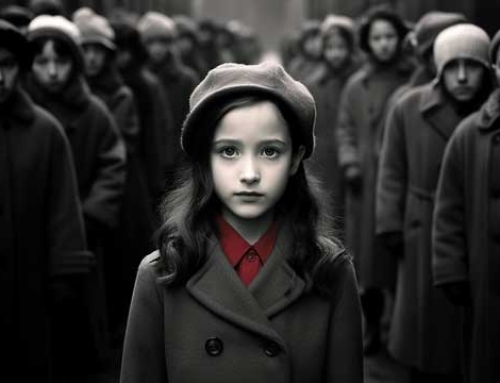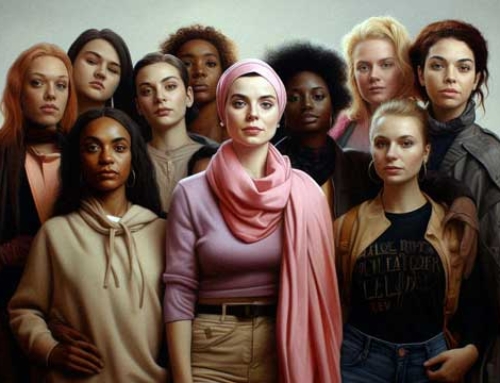In the bustling cities of Iran, beneath historical domes and minarets, lies a heartbreaking tale. A young girl, just sixteen years old, was reportedly abused by the ‘morality police‘ due to her choice of clothing. This tragic incident isn’t an isolated case. We previously learned about the shocking story of Mahsa Amini, a young woman who died at the hands of the same morality police.
Such events, happening in the shadow of a rich culture and history, present us with a stark contrast. Iran, with its ancient history, stunning architecture, and deeply-rooted traditions, is also a stage for oppression and injustice. The disturbing incidents involving the young girl and Mahsa Amini are just the tip of the iceberg of what many women experience daily.
When Clothing Choices Have (Dire) Consequences
For Tehran, Iran’s vibrant capital, is more than just an urban landscape of concrete and steel. It’s a melting pot of cultures, traditions, and ideologies. But amidst this diversity lies an underlying tension filling the air. The morality laws, intended to maintain the ‘moral purity’ of society, impose strict rules on how women should present themselves.
These laws, rooted in religious doctrines, not only restrict women’s clothing choices but also their freedom of movement and public interaction.
Yet, many brave women in Tehran and other cities have taken up the challenge and are pushing against these restrictions. They run campaigns, organize silent protests, and use social media to voice their opinions and share their stories. Under the inspiring slogan “Woman, life, freedom!” they have been gathering for over a year to protest. They demand the right to be themselves, free from the fear of retribution.
However, for many others, the reality remains bleak. The morality police, charged with enforcing these laws, can often act unexpectedly and with brutal force. Some women face harassment, intimidation, or even physical assault because of their attire or behavior.
It’s an ongoing battle between progressive values and strict compliance, with women often paying the highest price.
Solidarity and Change: Heartbreaking Stories that Touch Us All
We are living in an era where the fight for women’s rights and equality sounds louder and more determined than ever. Globally, women are rising, speaking out, and pushing boundaries in their pursuit of justice. But while some parts of the world make significant progress, there remain places like Iran where calls for freedom and equality are met with violence and suppression.
The story of the sixteen-year-old girl and Mahsa Amini is not just a tragic testament to the reality many Iranian women face but also a wake-up call for all of us. It reminds us of the urgency of this issue and the need to stay informed and take action.
We, as an international community, must stand in solidarity with these women and collaborate to bring about change.







